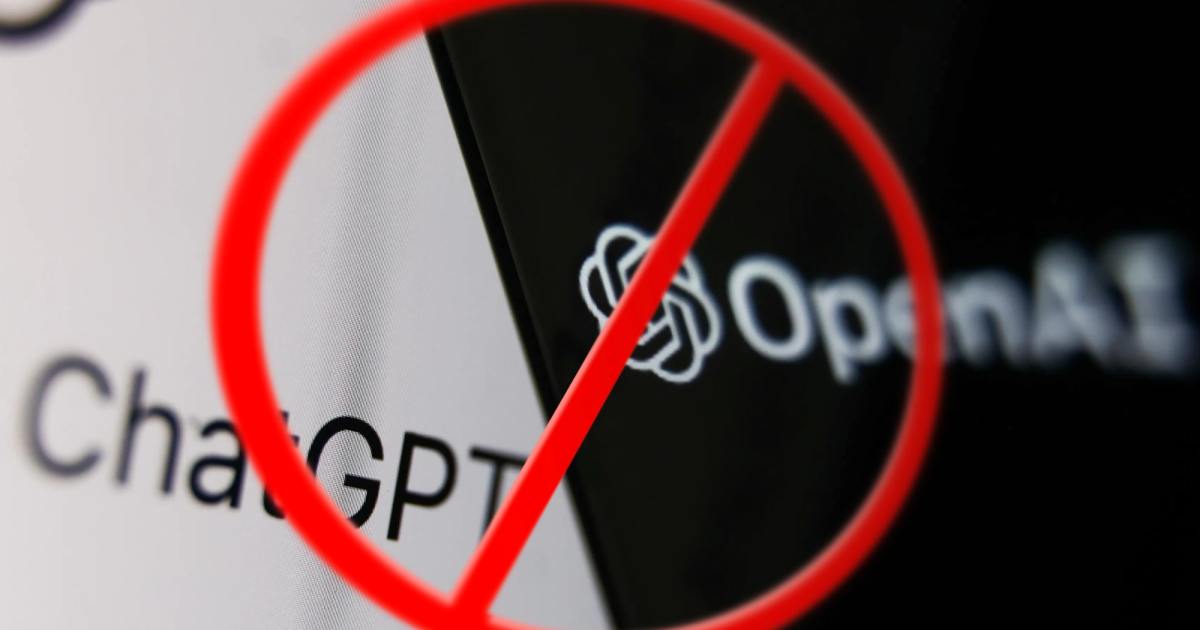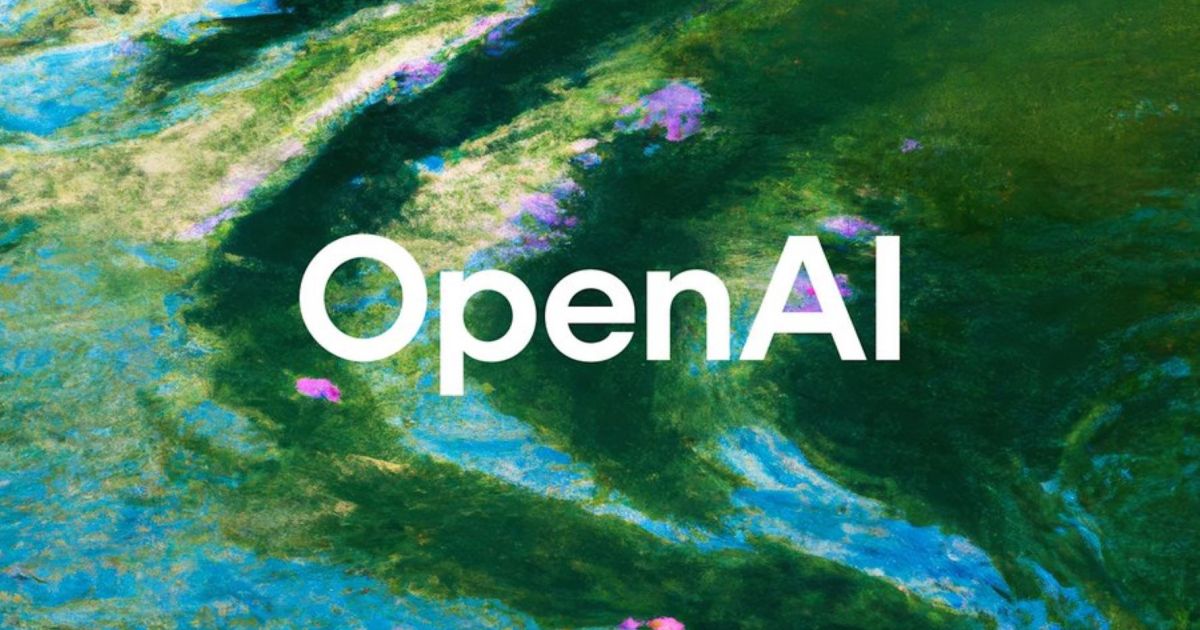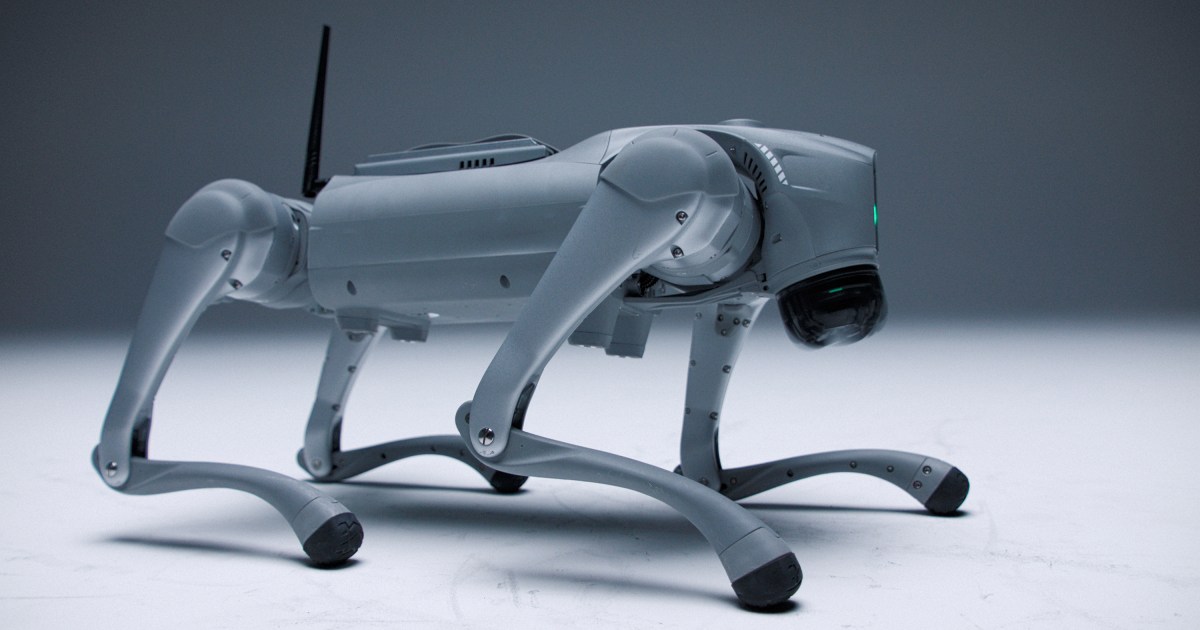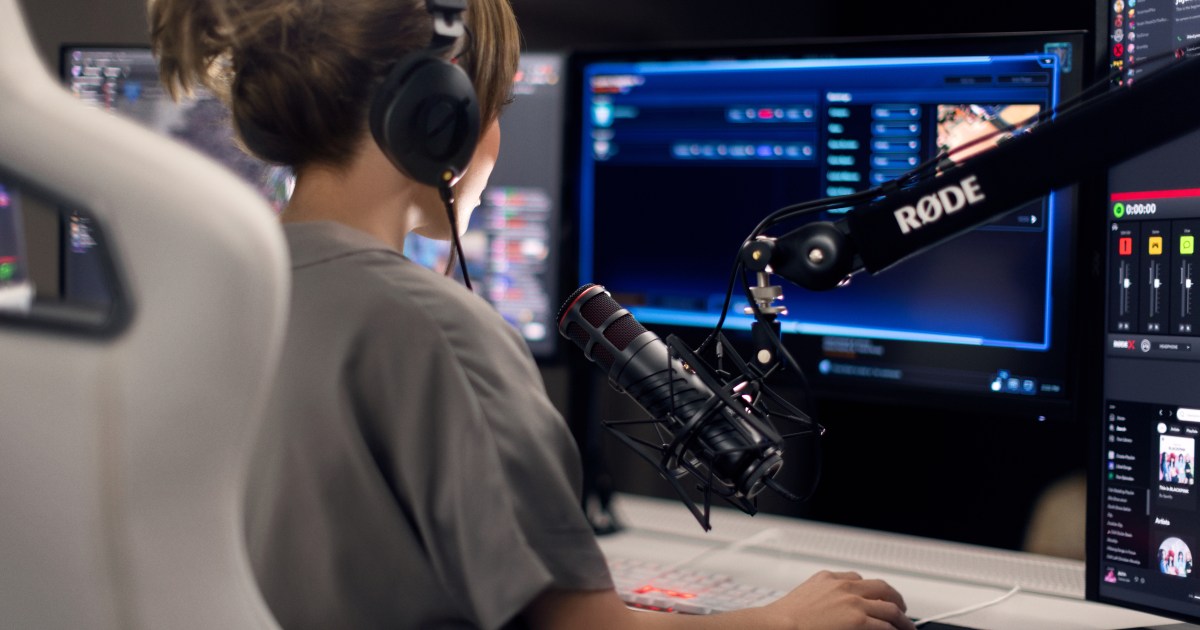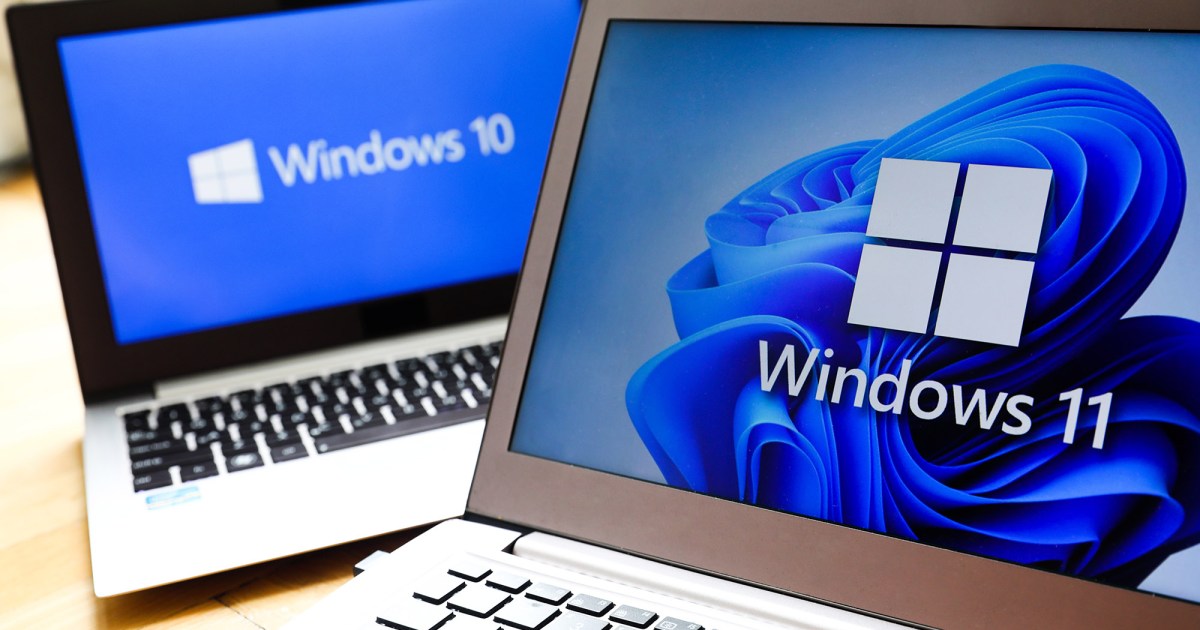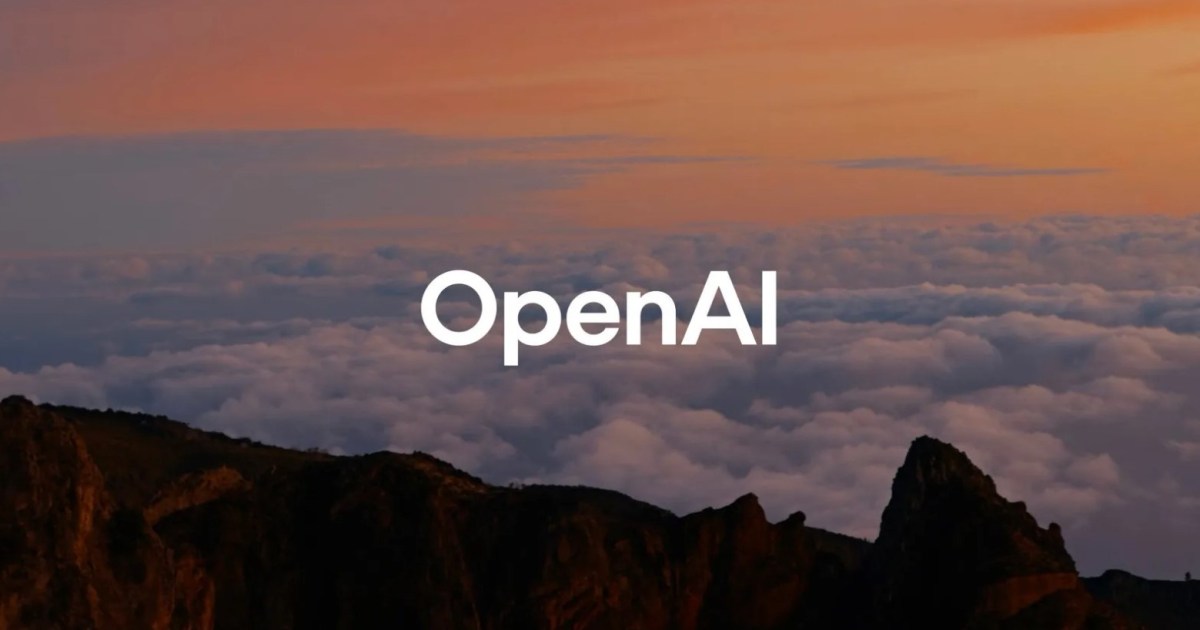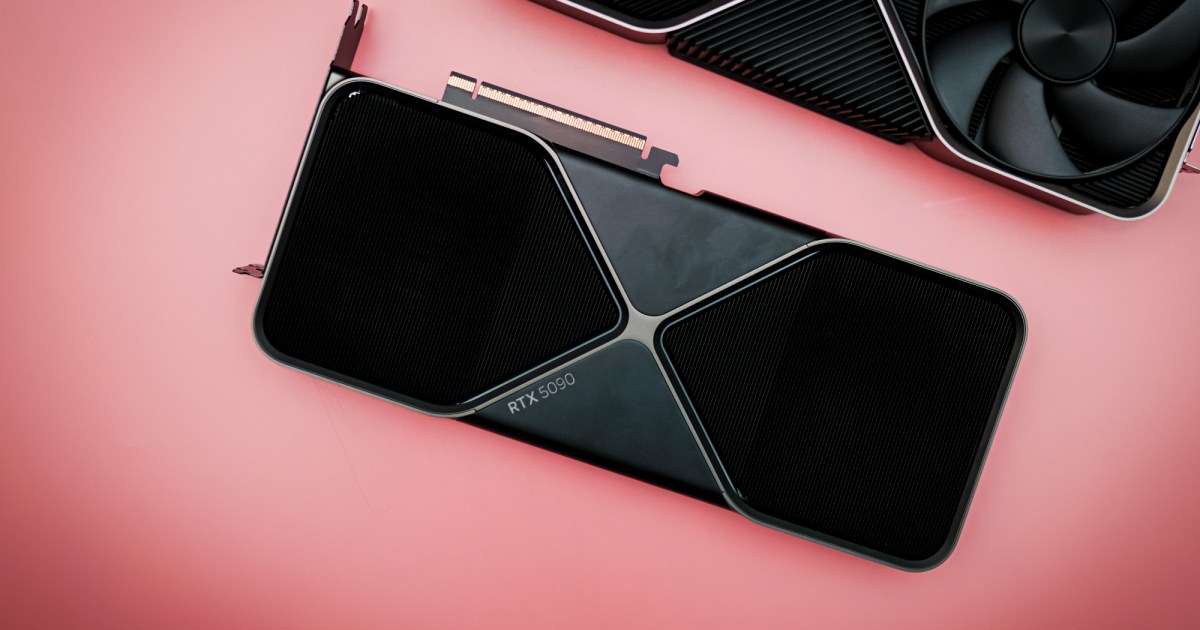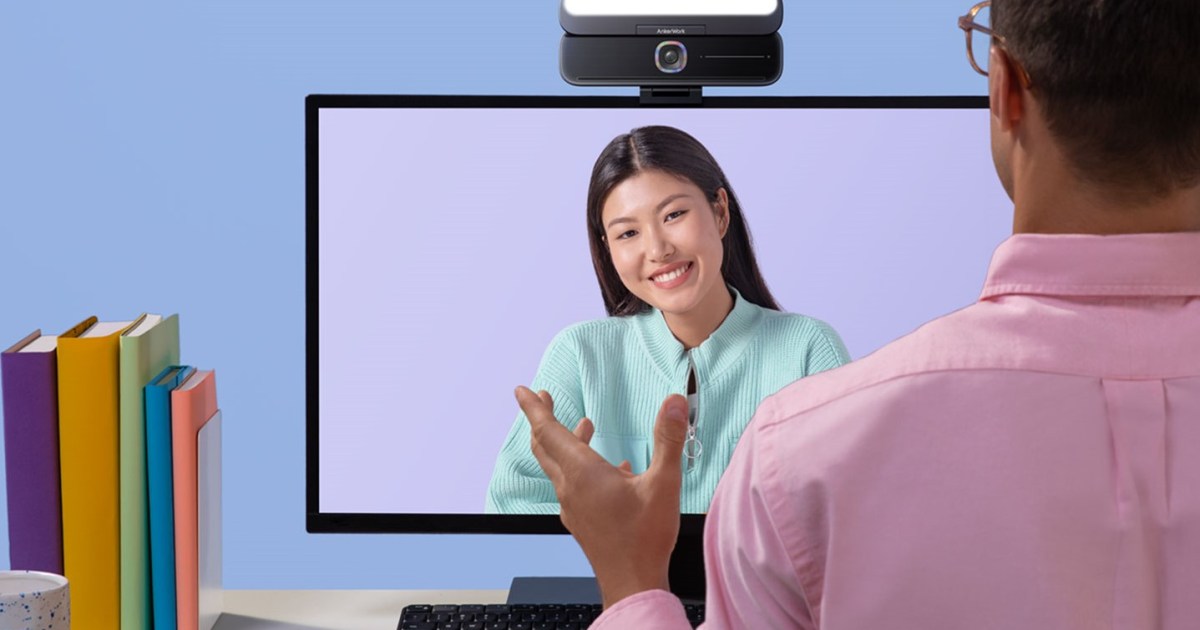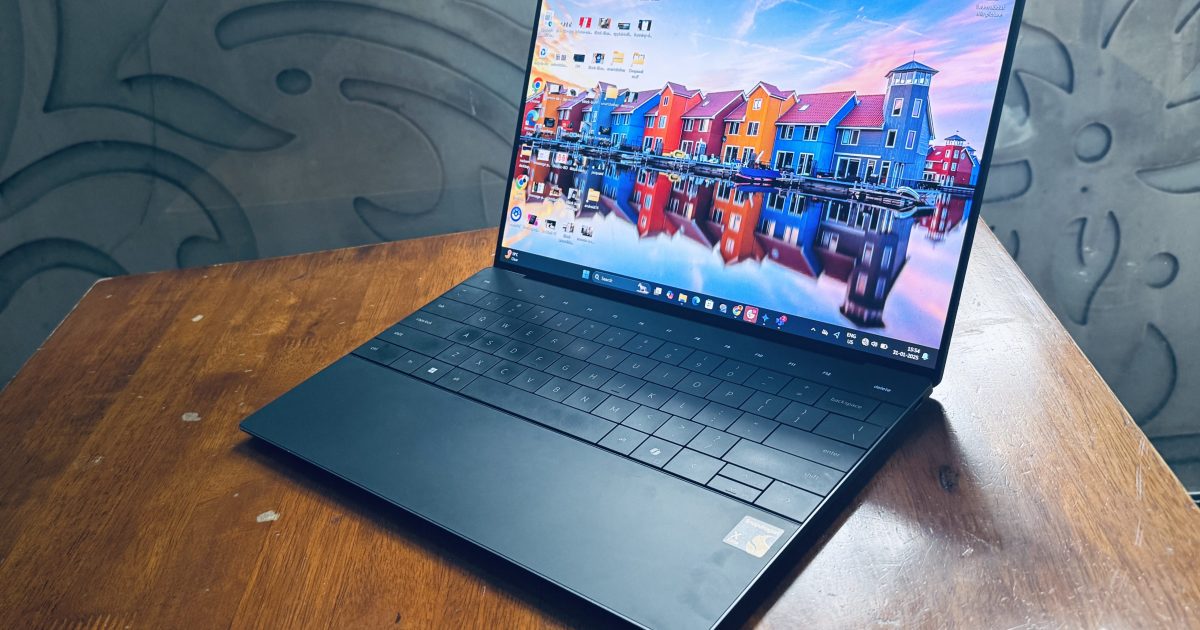OpenAI has temporarily suspended the free version of its in-app image generator powered by the GPT-4o reasoning model, just one day after its release. The update, designed to enhance realism in both images and text within AI-generated content, inadvertently sparked a viral trend that prompted OpenAI to reassess its rollout strategy.
The trend emerged shortly after the update became available on ChatGPT, with users flooding social media platforms with images stylized after the renowned Japanese animation studio, Studio Ghibli. These creations ranged from personalized family photos reimagined in the Studio Ghibli aesthetic to iconic scenes from the 2024 Paris Olympics, movie moments from classics like “The Godfather” and “Star Wars,” and even popular internet memes such as “distracted boyfriend” and “disaster girl.”
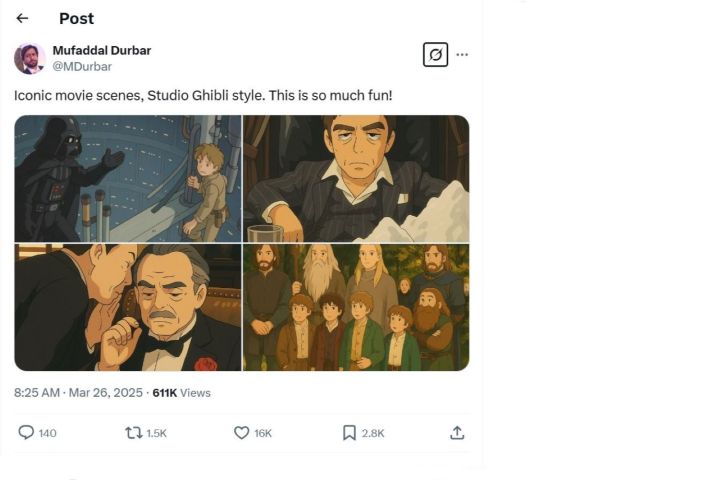 Studio Ghibli style image generated on ChatGPT.
Studio Ghibli style image generated on ChatGPT.
Even OpenAI CEO Sam Altman participated, briefly changing his X profile picture to a Studio Ghibli-esque rendering of himself, presumably created using GPT-4o. However, the celebratory mood was short-lived. Altman subsequently announced on X that the image generator update would be temporarily unavailable for ChatGPT’s free tier. He provided no timeline for its potential return. Paid ChatGPT tiers, including Plus, Pro, and Team, retain access to the updated feature.
GPT-4o’s Autoregressive Approach and Training
According to The Verge, GPT-4o utilizes an “autoregressive approach” to generate images, constructing them progressively from left to right and top to bottom, rather than all at once. This method contributes to increased accuracy and realism. Previous AI models often produced blurry or nonsensical text, whereas GPT-4o generates sharp and coherent text. OpenAI also disclosed to the Wall Street Journal that the reasoning model underwent human-directed post-launch training to address common errors in text and image generation.
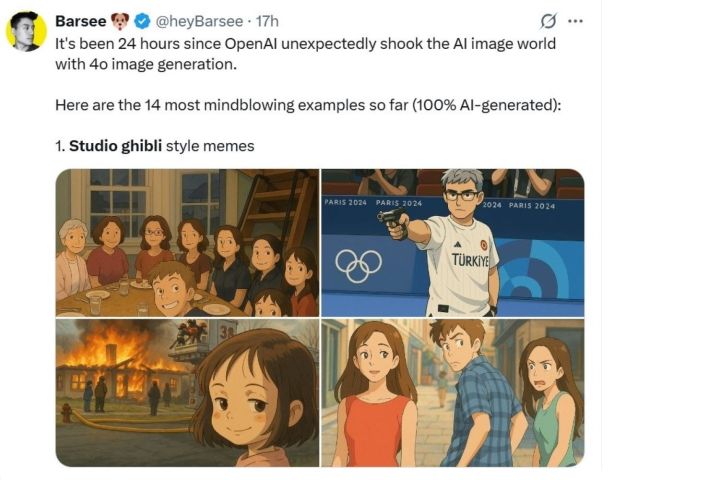 Studio Ghibli style image generated on ChatGPT.
Studio Ghibli style image generated on ChatGPT.
Navigating the Legal Gray Area of AI-Generated Art
The ethical and legal implications of AI remain a persistent concern. While OpenAI has attempted to be transparent by sharing the sources of its training data with the WSJ, predicting public reaction to new AI products remains challenging.
Evan Brown, an intellectual property lawyer at Neal & McDevitt, told TechCrunch that ChatGPT users generating Studio Ghibli-style images with GPT-4o are not technically breaking the law, as “style” is not explicitly protected by copyright. However, this practice resides in a legal gray area. An OpenAI spokesperson clarified to TechCrunch that ChatGPT can emulate a studio’s style but not the style of an individual artist. OpenAI’s decision to remove the GPT-4o update from its free ChatGPT tier suggests a cautious approach while the company evaluates its next steps.
Echoes of Past AI Trends and Copyright Concerns
This isn’t the first time an AI-driven trend has sparked discussions around copyright. In late 2023, a trend emerged where users generated Funko Pop! figures in Microsoft Designer using simple prompts. While the initial focus was on creating personalized figures, users also generated figures of celebrities like Elon Musk and Beyoncé. This trend, like the current Studio Ghibli phenomenon, highlighted the legal complexities that can arise when using AI for creative expression. Users often resorted to nickname workarounds, such as “Elon X” and “Queen Bey,” coupled with detailed descriptions, to achieve their desired results.
Conclusion
The rapid rise and subsequent pause of the Studio Ghibli-inspired image generation trend underscores the evolving challenges surrounding AI, copyright, and public access. OpenAI’s decision to temporarily restrict access to the GPT-4o update reflects a need for careful consideration of these complexities. The future of this feature, and the broader implications for AI-generated art, remains to be seen.



